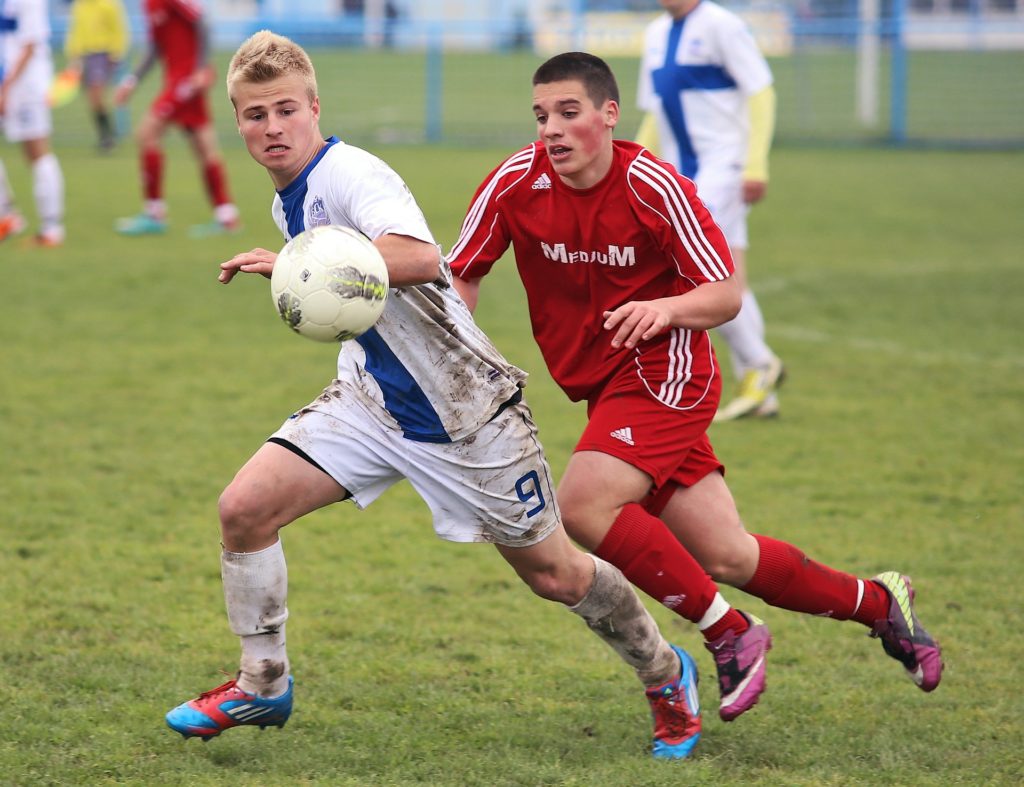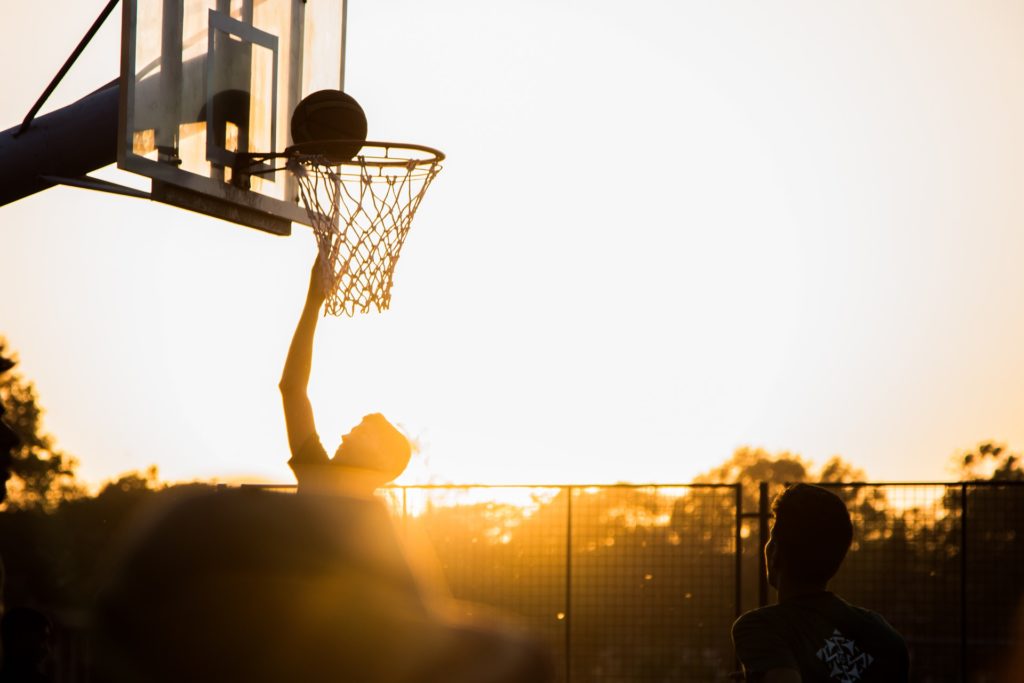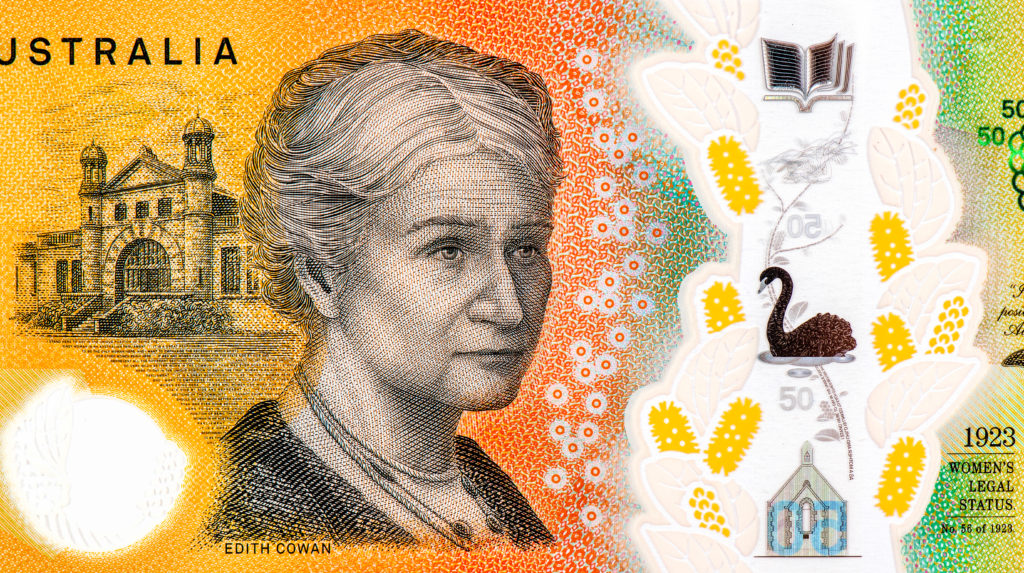Joining a sporting team, association or club should be a consideration of every international student, even for those reluctant about the idea of physical activity. The benefits provided by extracurricular sport have impacts that go far into the future and well beyond the simple pleasure of the sport itself.
In this article, we discuss how participating in a sporting environment will enhance your experience studying in Australia and how you can get involved.
Developing people skills
If English isn’t your native language, any opportunity to speak it serves as great practice. The more diverse your conversations are, the faster you will improve (and the more comfortable with Aussie slang you will be); but there is a lot more to be gained than simply speaking English well.
Culture is one of the biggest hurdles that international students face when trying to assimilate into the ‘Australian way of life’. If you aren’t aware already, sport plays a major role in Australian culture and is a very common social topic. Being able to contribute to conversations will not only help you feel more comfortable speaking, but it will also help you develop an understanding of communicating with both individuals and large groups.
Working in a team is an important part of any professional career. The sporting field is an easy way to enhance this skill and build your emotional intelligence as you are exposed to new relationships and experiences.
Healthy body, healthy mind
It is universally accepted that periods of physical activity enhance the stimulation of your brain and have beneficial effects upon studying, sleeping, mood and even eyesight. Even something as simple as a 10-minute playful coordination game (such as bouncing two balls against a wall) has been shown to improve the attention span of a large group of German teenagers.
Walking has also been linked to increased creativity, as found by Stanford researchers. Steve Jobs was famous for his ‘walking meetings’, as is Mark Zuckerberg. The study also found that the benefits continued after the person had sat down, shortly after their walk.

Improve your resume and network
When applying for a job, what makes you different from the other applicants? The more ways you can demonstrate this to your potential employer, the better chance you will have of securing the position you desire. Internships, work experience and good grades are steps in the right direction, but to achieve real distinction from your competition you should look at extra-curricular activities.
Involvements in sporting clubs, leadership positions you hold there and the networks you develop, reveal yourself as an interesting and adaptable candidate. These experiences will also fuel you with suitable answers to interview questions (see step 6 in our step by step job guide).
You may have heard the phrase “it’s not what you know, but who you know”. This is attributed to your social network and is very beneficial in Australia. Employers don’t just want to work with the brightest and the best, they also want to work with people that they actually want to work with. Having a friend at your desired organisation is to have ‘a foot in the door’ and this should not be underestimated.
It’s fun
Don’t forget to have fun! With so many different sporting clubs and associations, you are sure to find something that will interest you. From Australian football (AFL) to ultimate Frisbee, volleyball to handball, and aikido to cheerleading, stay open to experiences and you may discover a hidden talent and some incredible new friends.
Each university is littered with more student associations than you can count. Your university student centres or online portals will be a good place to start. Looking outside of your university will also benefit you and open you up to a more diverse range of people and experiences.
For more information on how to get started, see our guide on playing sport in your city.




